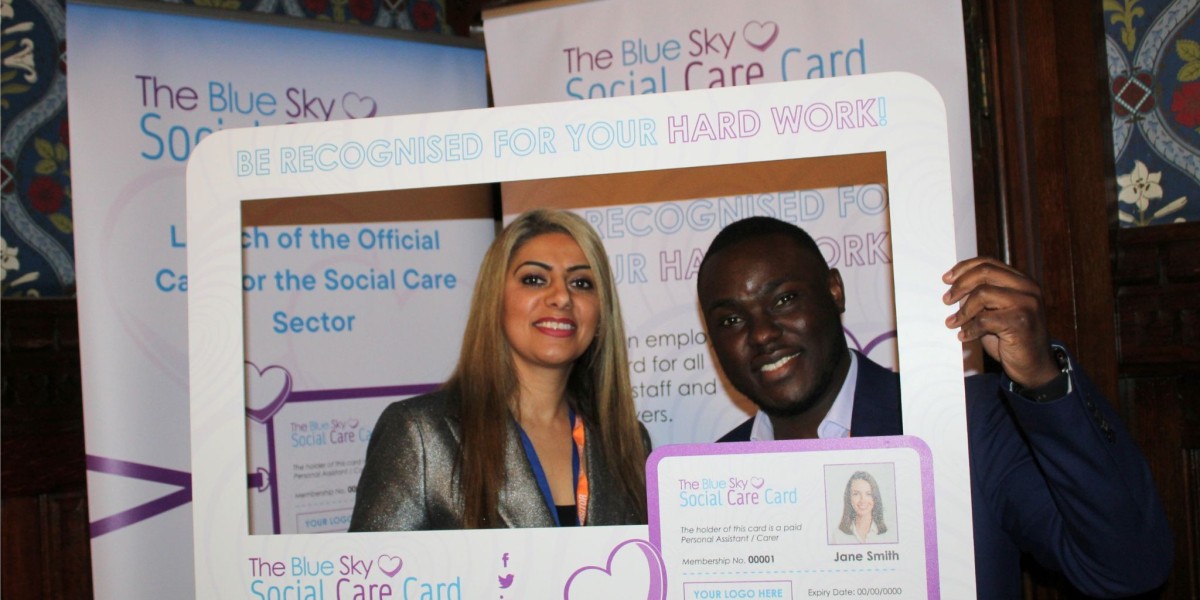Receiving a dementia diagnosis is a life-changing moment — not just for the person diagnosed, but for their family, partners, and close friends too. If your loved one is still working, it can bring up a lot of questions, emotions, and practical concerns.
It is natural to wonder: Can they keep working? Should they tell their employer? How can we support them without taking away their independence?
The good news is that a dementia diagnosis does not automatically mean the end of working life. Many people with dementia continue to work, sometimes for several years, depending on the type of job they do, the stage of their condition, and the support they receive.
Here’s what you need to know — and how you can support your loved one during this new chapter.
Dementia and Continuing to Work
Every person’s experience with dementia is unique. In the early stages, many people still have the skills, knowledge, and passion to contribute meaningfully at work.
Continuing to work can offer:
· A sense of purpose and achievement
· Routine and structure, which can be comforting
· Social interaction with colleagues
· Financial stability, if income is still needed
However, dementia can also make some aspects of work more challenging, such as memory recall, multitasking, decision-making, and managing time. It is important to be realistic but hopeful — and to focus on adapting rather than assuming someone must stop working straight away.
Should Your Loved One Tell Their Employer?
Choosing to share a diagnosis at work is a personal decision. However, in many cases, telling an employer can lead to more support and protection under the law.
In the UK, dementia is classed as a disability under the Equality Act 2010, which means employers must make reasonable adjustments to help the person continue working if they choose to.
Reasonable adjustments could include:
· More flexible hours or reduced workload
· A quieter workspace to reduce distractions
· Written instructions to support memory
· Regular breaks to manage fatigue
Having an open and honest conversation with a trusted manager or HR representative can be a positive step — but it should happen when your loved one feels ready.
How You Can Offer Support
As a partner, family member, or friend, you can play a vital role by offering emotional and practical support without rushing or overwhelming your loved one.
Here’s how:
Listen First
Let your loved one lead conversations about work. Listen to their hopes, fears, and needs without judgment. Sometimes just being heard can ease a lot of stress.
Encourage Self-Advocacy
Support them to be involved in decisions about work, whether that means continuing, adjusting duties, or planning a gradual exit. Empowerment matters.
Help with Practical Planning
Offer to help:
· Prepare for meetings with employers
· Explore flexible work options
· Research workplace rights and protections
Watch for Signs of Stress
If working becomes too exhausting or distressing, it might be time to reassess. Look out for signs of anxiety, frustration, or declining confidence, and offer gentle support to explore other options.
Prioritise Wellbeing
Remember that work should support your loved one’s wellbeing, not compromise it. If continuing to work brings more stress than joy, it is okay to rethink the path ahead.
Finding the Right Balance
For some, continuing to work after a dementia diagnosis brings huge benefits. For others, stepping away from employment can open the door to new activities, volunteer roles, or simply enjoying more time with loved ones.
Whatever decision your loved one makes, it is the right decision for them — and your understanding, encouragement, and patience will make all the difference.
Join the We Talk Care Community
Navigating dementia and employment is not easy — but you do not have to figure it all out on your own.
At We Talk Care, we offer a welcoming, supportive space where carers, partners, and family members can connect, ask questions, and share experiences.
Join We Talk Care today and find strength in a community that understands your journey.








